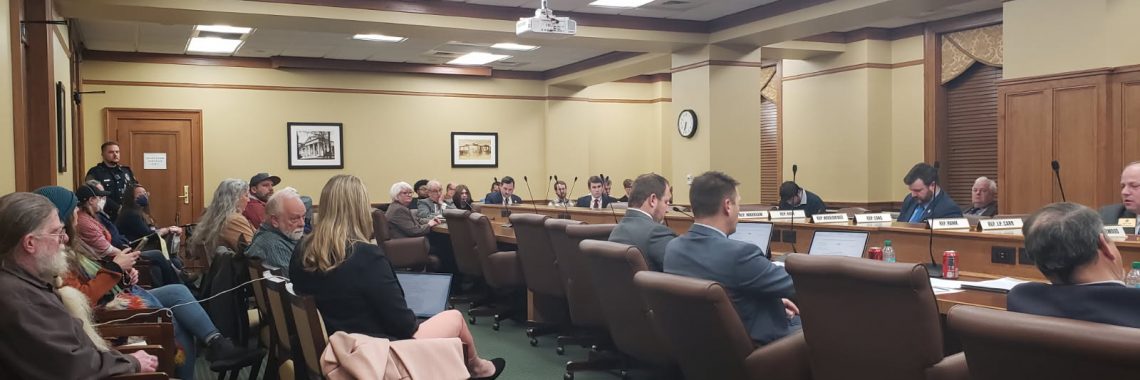Arkansas Senate Passes Two Good Bills Providing Clarity to Petition Process

On Tuesday the Arkansas Senate passed two good measures clarifying Arkansas’ ballot initiative and petition laws.
H.B. 1221 by Rep. David Ray (R — Maumelle) and Sen. Kim Hammer (R — Benton) makes it clear that petition signatures expire at the end of a General Election cycle. This will prevent canvassers from collecting signatures across multiple election cycles, and it will help ensure sponsors don’t submit old signatures that are outdated or more likely to be invalid.
H.B. 1222 by Rep. David Ray (R — Maumelle) and Sen. Kim Hammer (R — Benton) clarifies that the Arkansas Attorney General cannot approve a measure’s sponsors to begin collecting signatures to place a measure on the ballot if the measure conflicts with the U.S. Constitution or federal law. The bill also prevents sponsors from asking the attorney general to certify conflicting measures. This would help ensure the A.G.’s office is not asked to approve measures that are unconstitutional or run afoul of federal law.
In recent years Arkansas’ ballot initiative process has become the opposite of what it was intended to be. Its original intent was to provide citizens a means of functioning as a “legislative body.” Instead, powerful special interests have used our own ballot initiative process against us. Today it is simply too easy for powerful groups to buy their way to the ballot by hiring aggressive petition canvassers or spending millions of dollars on deceptive advertising for misleading measures.
H.B. 1221 and H.B. 1222 will help clarify Arkansas’ ballot initiative laws. Both bills now go to the governor to be signed into law.
Articles appearing on this website are written with the aid of Family Council’s researchers and writers.





